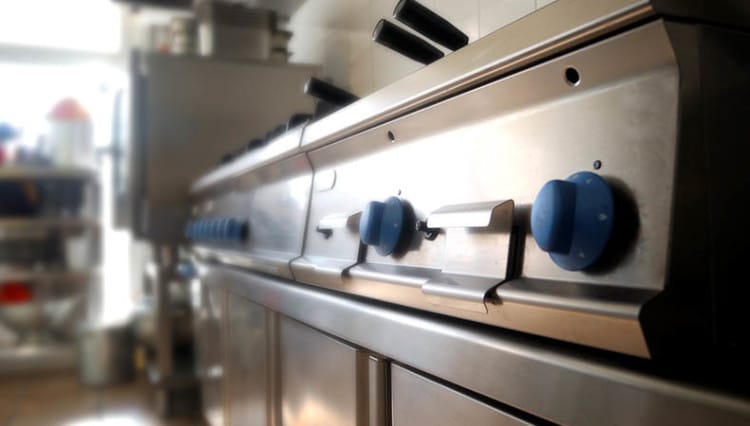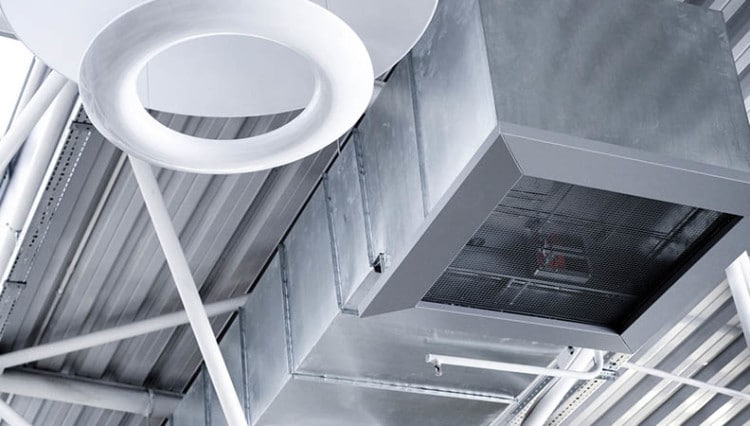Water is an essential element of our daily lives, impacting everything from our health to the appliances we use and the clothes we wear. While clean water is a prerequisite, the quality of water often varies, with hard water being a prevalent concern in numerous households. Hard water, rich in minerals like calcium and magnesium, can lead to a slew of issues. You can convert hard water into soft water using a water softener system.
Home water softening systems
This brings us to the solution: whole-house water softeners. These systems are specifically designed to combat the challenges posed by hard water. Let’s explore the myriad of benefits they offer.
Combatting the Effects of Mineral Build-up
Hard water contains an abundance of minerals, primarily calcium and magnesium. When heated, these minerals tend to crystallize and form hard deposits known as scale. These deposits can accumulate in plumbing, reducing the diameter of pipes and leading to blockages or reduced water flow. Over time, this can strain the plumbing system, leading to potential leaks or even significant damage. A whole-house water softener mitigates this issue by replacing these hardness minerals with sodium, effectively softening the water and preventing scale build-up.
Protecting Appliances and Extending Their Lifespan
Household appliances like dishwashers, washing machines, and water heaters are particularly vulnerable to hard water. Scale deposits can accumulate within these appliances, affecting their efficiency and reducing their overall lifespan. By using a whole-house water softener, homeowners can ensure that their appliances run optimally, extending their functional life and avoiding premature replacements. This not only saves money in the long run but also ensures consistent performance from the appliances we rely on daily.
Enhancing Personal Care and Well-being
Hard water can significantly impact personal grooming and hygiene. It often leaves a film on the skin, making it feel dry or causing irritation. Similarly, when washing hair, hard water can lead to reduced lather from shampoos and conditioners, resulting in dull and lifeless locks. Softened water, on the other hand, allows soaps and shampoos to lather better, ensuring a more thorough cleanse and leaving skin and hair feeling softer and looking more radiant. This is another way in which water filtration system Erie and softening can benefit you.
Economical Benefits in Daily Chores
The presence of minerals in hard water affects the efficiency of soaps and detergents. This often means using more product to achieve the desired cleaning effect, leading to increased expenses over time. Clothes washed in hard water can feel rough and may look dull due to mineral residues. In contrast, soft water enhances the effectiveness of detergents, ensuring cleaner clothes with less product. Similarly, dishes and glassware appear shinier and free from spots when rinsed with soft water.
Potential Savings on Energy Bills
Scale build-up isn’t just a concern for the plumbing; it also affects water heaters. When scale deposits form in a heater, they act as insulators, requiring the appliance to use more energy to heat the water. This inefficiency translates to higher energy consumption and, consequently, increased utility bills. A whole-house water softener keeps water heaters free from these deposits, allowing them to operate at optimal efficiency and consume less energy.
How Do home water softening Systems Truly Work?
Water softening systems have become an integral part of many households, primarily for their ability to transform hard water into soft water, enhancing its quality and usability. But what truly happens within these systems that enables them to alter the water’s characteristics? To appreciate the efficacy of water softeners, it is essential to delve into their functioning.
Understanding Hard Water
Before delving into the intricacies of water softening, it’s crucial to understand what hard water is. Hard water is water that contains high concentrations of dissolved minerals, primarily calcium and magnesium. These minerals, when heated or left to evaporate, form scale or deposits that can clog plumbing and affect the efficiency of household appliances. The hardness of water can vary based on geographical regions and sources of water.
The Principle of Ion Exchange
At the heart of most home water softening systems is the principle of ion exchange. This process is centered on a resin bed filled with tiny, charged beads. These beads, usually made of polystyrene, are coated with sodium or potassium ions.
As hard water passes through the resin bed, the calcium and magnesium ions, which have a stronger positive charge than sodium or potassium ions, are attracted to the beads. In turn, the beads release their sodium or potassium ions into the water. This swap – calcium and magnesium ions exchanged for sodium or potassium ions – is the core mechanism that transforms hard water into soft water.
Regeneration: Refreshing the Resin Bed
Over time, as more hard water is processed, the resin beads become saturated with calcium and magnesium ions. This saturation diminishes the system’s ability to soften water effectively. Hence, a crucial phase known as regeneration comes into play.
During regeneration, a strong brine solution, made from the salt in the system’s brine tank, flushes through the resin bed. This concentrated solution displaces the accumulated calcium and magnesium ions, replacing them with sodium or potassium ions once again. Post regeneration, the system disposes of the hard water minerals and excess brine to a drain, readying the softener to resume its water softening operation.
Alternative Water Softening Techniques
While ion exchange is the most common method for softening water, there are alternative techniques that homeowners might encounter:
- Template Assisted Crystallization (TAC): This method transforms calcium ions into calcium crystals that are stable and won’t adhere to surfaces, effectively neutralizing their scale-forming ability without adding sodium to the water.
- Magnetic or Electronic Water Softeners: These are more of conditioners than softeners. They use magnetic fields or electric currents to alter the magnetic properties of the minerals, reducing their scaling tendencies.
Considerations for Homeowners
When opting for a water softening system, homeowners should consider a few factors:
- Size and Capacity: It’s essential to choose a system that can handle the water demands of the household while also factoring in the hardness level of the incoming water.
- Type of Salt: While sodium chloride is commonly used, potassium chloride can be an alternative, especially for those concerned about sodium intake.
- Maintenance: Regularly check salt levels in the brine tank and ensure the system undergoes regeneration as needed.
Conclusion
Whole-house water softeners emerge as an indispensable asset for homeowners dealing with hard water issues. The advantages they offer span from tangible economic savings to intangible benefits like improved personal well-being. By investing in a water softener, homeowners not only protect their homes and appliances but also enhance the quality of their daily lives. With the myriad of benefits in view, it’s evident that water softener installation Warren is more than just a luxury; it’s a necessity for holistic home care.



